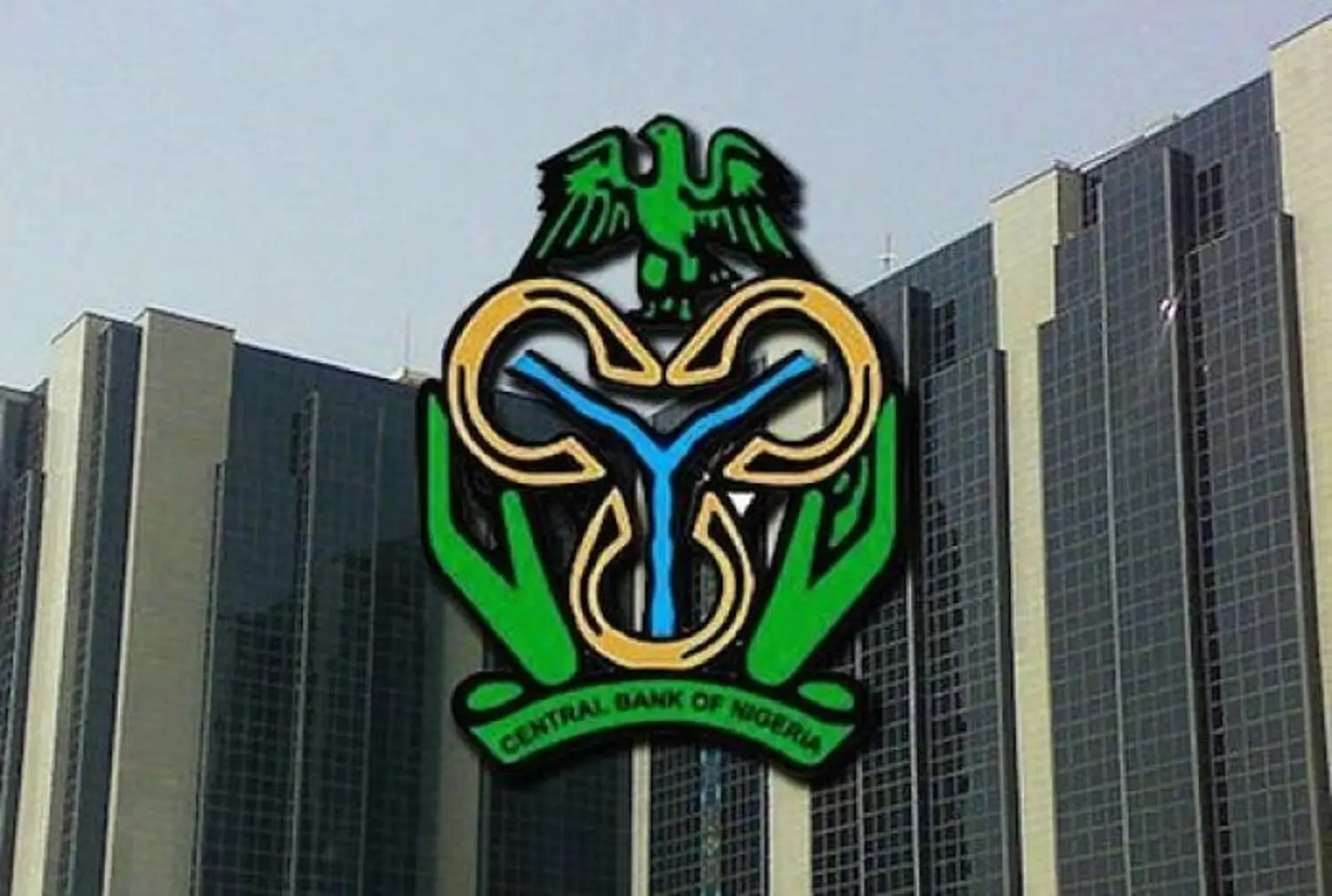The Federal Inland Revenue Service (FIRS) has announced new reforms targeting the tax burdens faced by Nigeria’s small and medium-scale enterprises (SMEs).
The changes, introduced under the 2024 Withholding Tax (WHT) Regulations, is intended to simplify tax processes, improve voluntary compliance, and strengthen Nigeria’s drive for a modern, transparent tax system.
At a stakeholder forum in Abuja, the FIRS unveiled its reform strategies to tax experts, compliance professionals, and members of Nigeria’s professional tax bodies.
The forum provided a space for in-depth dialogue on the new tax structure, including deductions, exemptions, and installment payment options. It also focused on easing documentation issues that often affect SMEs.
Reforms Meant to Support Growth and Build Trust in Tax Administration
Collins Osagie Omokaro, Special Adviser on Communications and Advocacy to the FIRS Executive Chairman, said the tax reforms are part of a broader effort to build trust through collaboration.
He explained that working closely with taxpayers helps the agency clarify rules, hear feedback, and build a shared understanding of compliance goals.
“The Executive Chairman has made it clear that effective tax administration must be built on dialogue and understanding,” Omokaro said. “These forums provide us with an opportunity to offer clarity, listen to feedback, and work collaboratively with taxpayers to improve outcomes. That is how we build trust and ensure long-term compliance.”
The 2024 WHT Regulations respond directly to the concerns of SMEs. Many small businesses struggle with complex tax procedures and vague compliance instructions.
By making the process more straightforward, FIRS hopes to make it easier for businesses to meet their obligations without feeling overwhelmed.
Tax Experts Praise New Rules, FIRS Rewards Compliant Taxpayers
At the Abuja forum, several tax consultants welcomed the reforms. They described them as timely steps that bridge the gap between policy and actual practice. Many said the direct interaction between FIRS and professionals in the field will allow them to offer more accurate advice to their clients.
The event also featured a recognition segment, where FIRS awarded top-performing taxpayers for their consistent compliance and prompt remittances.
This, according to the Service, is part of its plan to encourage responsible corporate citizenship while rewarding those who fulfill their tax obligations on time.
The FIRS leadership reaffirmed its intention to maintain regular engagement with stakeholders. They pledged to increase taxpayer education, strengthen service delivery, and ensure the tax environment helps, rather than hinders, business operations.
“These reforms are not just about improving tax collection; they are about creating an enabling environment for businesses to thrive and contribute to the growth of our economy,” Omokaro said.
By modernising Nigeria’s tax laws and encouraging taxpayer trust, the new WHT Regulations could be a major step toward boosting the economy, increasing national revenue, and reducing resistance to tax payment.
Rate, Like 👍, Comment, share this article and Follow us on our social media handles.







